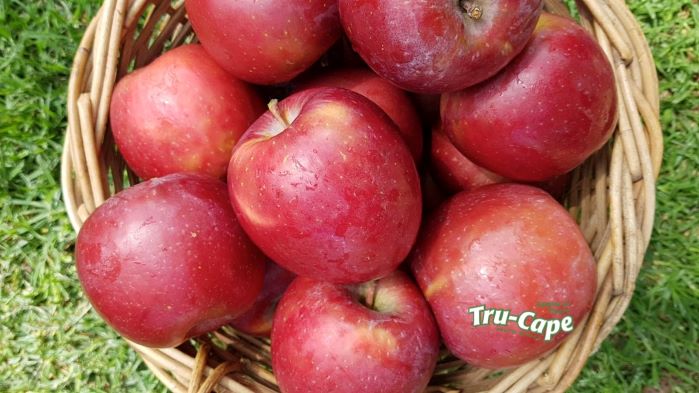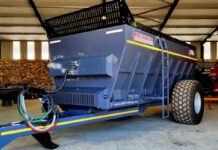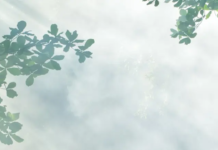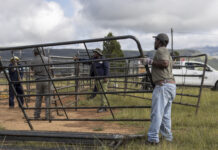In their new book, The Newcomers and their Friends, Tru-Cape Fruit Marketing apple and pear experts Buks Nel and Henk Griessel explore the more recent history of apples in South Africa. This, a companion to Apples in the Early Days at the Cape, where they explored apple varieties older than 100 years, is now available as an e-book.
Tru-Cape Fruit Marketing is the largest exporter of South African apples and pears. Managing Director, Roelf Pienaar says that each year the company marks April 17 as the anniversary of the fruit industry following the picking of the first apple at the Cape on April 17, 1662. “This year we use this auspicious date in the fruit industry to launch this new book,” Pienaar says.
Pienaar says that rather than a dry, academic work, this book reads like a fascinating whodunnit, uncloaking some of the interesting and sometimes controversial histories of varieties.
Who, for example, was the first to plant Golden Delicious in South Africa? Ms Kathleen Murray, you wonder, perhaps or perhaps not. Where did Nicoter, the tree from which Kanzi® apples come get its name?
The authors write in the introduction: “We hope the information in this little book will spark enthusiasm to record information and history about the apples grown today – we should never again have to find ourselves with records from only a handful of local sources.”
They write about the artist and Stellenbosch fruit breeder Iwan Labuschagne who lead the Apples for Africa programme developing low-chill apples (fruit that doesn’t need the icy temperatures of Europe to blossom) and some of the uphill he received from growers who feared his apples would compete with theirs.

Although they details the history of the Braeburn apple, a final note is most telling: “The story of Braeburn would not be complete if one did not mention its importance as a breeding parent in so many breeding programmes around the world such as Kanzi, Jazz and Envy.”
John Ernst Lane Cripps was born in England in 1927. He crossed a Golden Delicious with a Lady Williams while working in Australia. The seedling was none other than Cripps Pink – a trailblazer not just because of its colour and eating quality but as an example of one the most successful apple trademarks today – Pink Lady®. What’s more, you might also be wrong if you think you know where the name came from. The answer is in the book, along with the recipe for the Pink Lady cocktail.
In their book, there is more than one cocktail recipes and more than one artist who breeds apples.
All you want to know about Starking, or Red Delicious as it is known today, is in the book including the percentage of hectares planted and earnings.
Fuji apples, for example, take their name from the Fujisaki town in which they were bred ands not the Japanese mountain.
The illustrations, by Amy Botha are charming. Look out for one of Buks Nel and Gary Brits sitting in an apple tree on page 43 in the section about improved Fuji strains Raku-Raku and Kiku®.
Nel is credited with Plant Breeders’ Rights for improved Fuji and Gala strains and the book details his discoveries too.
Royal Gala and Royal Beaut, the latter found by Ceres grower Robert Zulch, are there too.
These apple sleuths uncovered two compelling origin stories to the apple known today as Granny Smith and both stories are told so you can make up your own mind. And, speaking of stories, there is one where a York Imperial grower was late for his own wedding, as picking took so long.
There are chapters answering questions why one variety survives while another dies and a final chapter about The Super Varieties.
In writing the preface, Roelf Pienaar recognises the writers’ passion and commitment to the South African fruit industry adding: “At Tru-Cape our focus has always been to add value to the grower. The key catalyst for change in the apple industry is the profitability of certain varieties. This is a dynamic process as markets and consumers drive this change. We have learned that to know where you are going to you have to know where you have been. This book is another step in that direction. We are proud of Henk and Buks in all that they do.”
Tru-Cape will announcement when hardcopies will be available to purchase but the link to purchase and download the e-book is at Tru-Cape.com and amazon.com.








